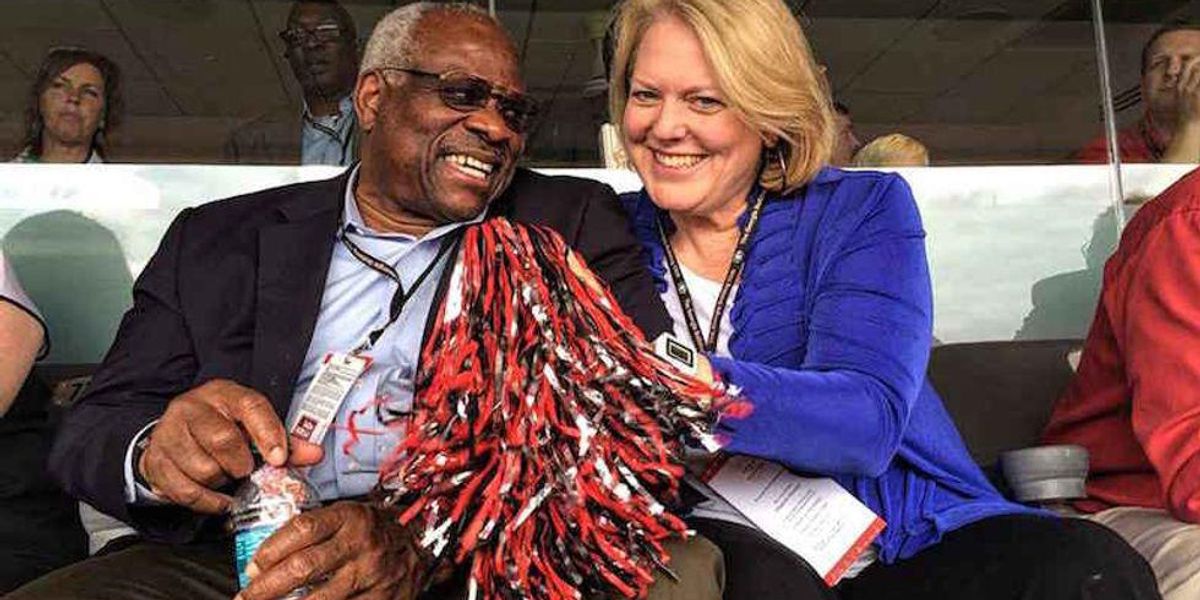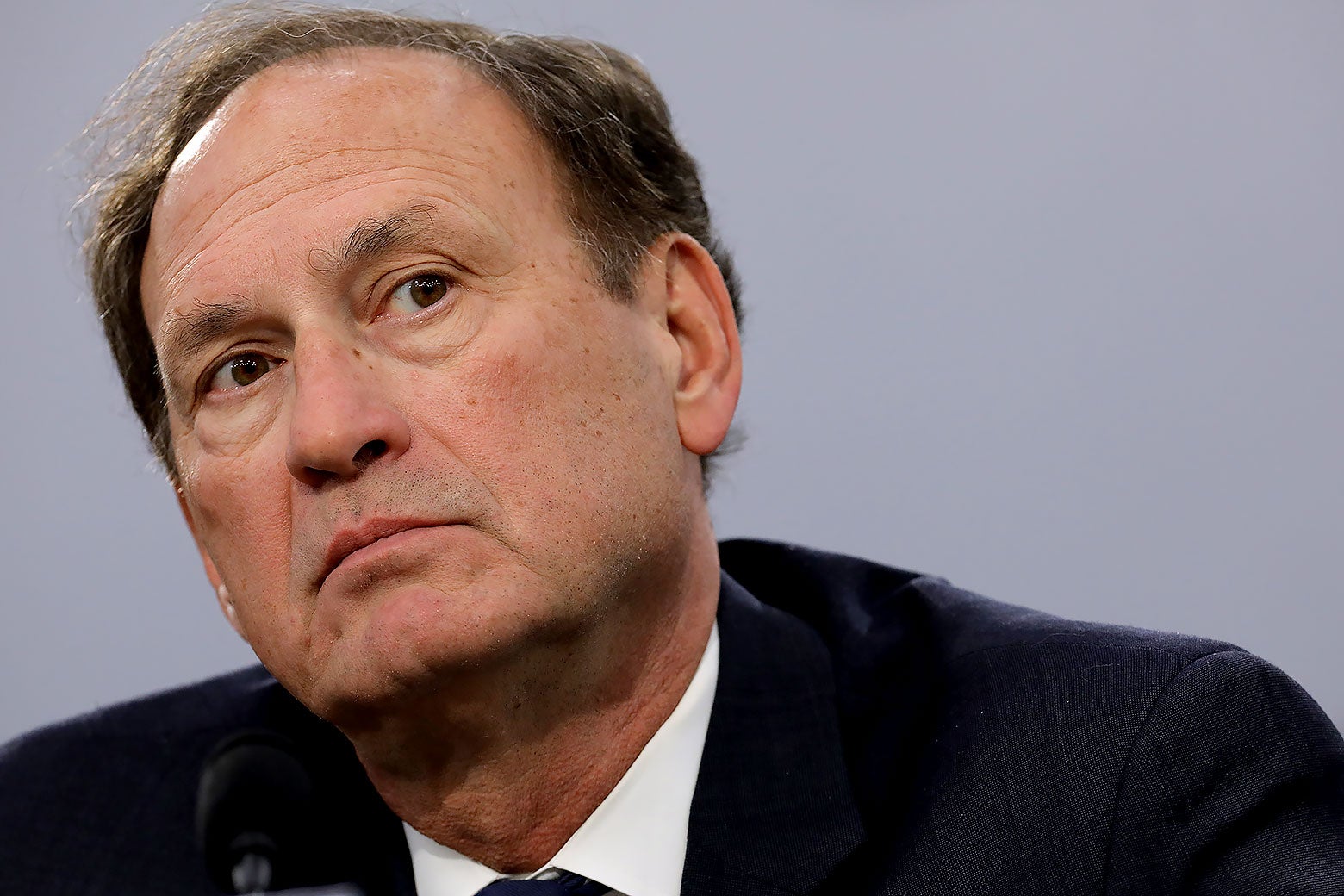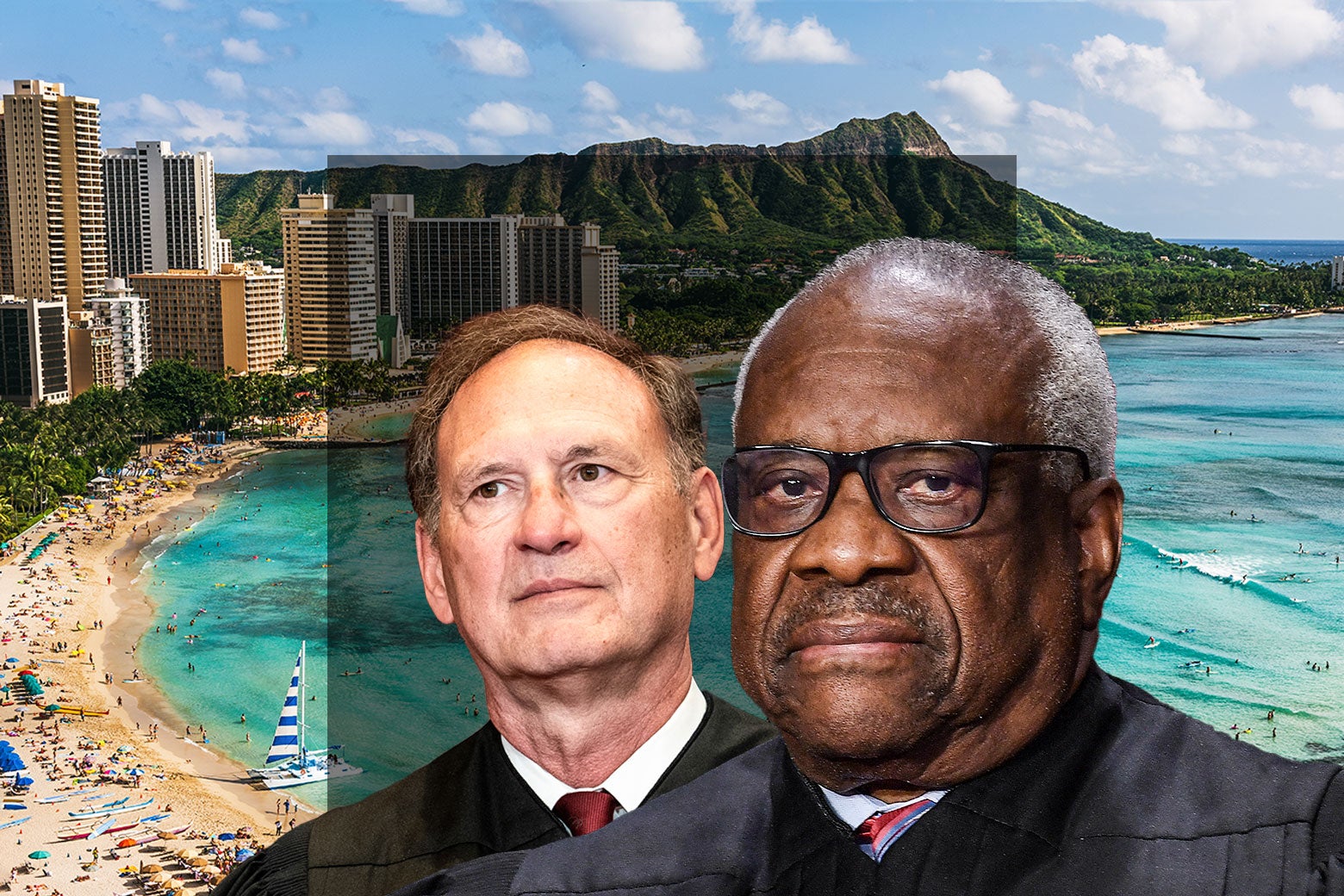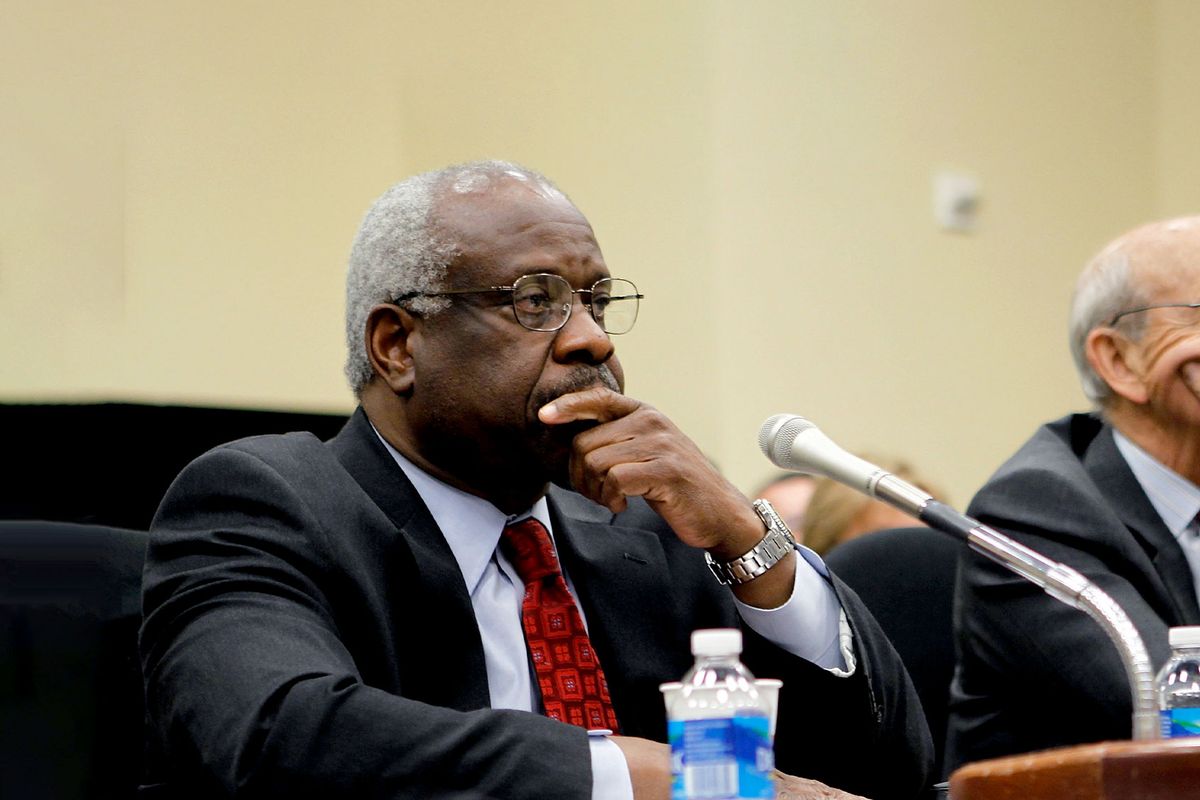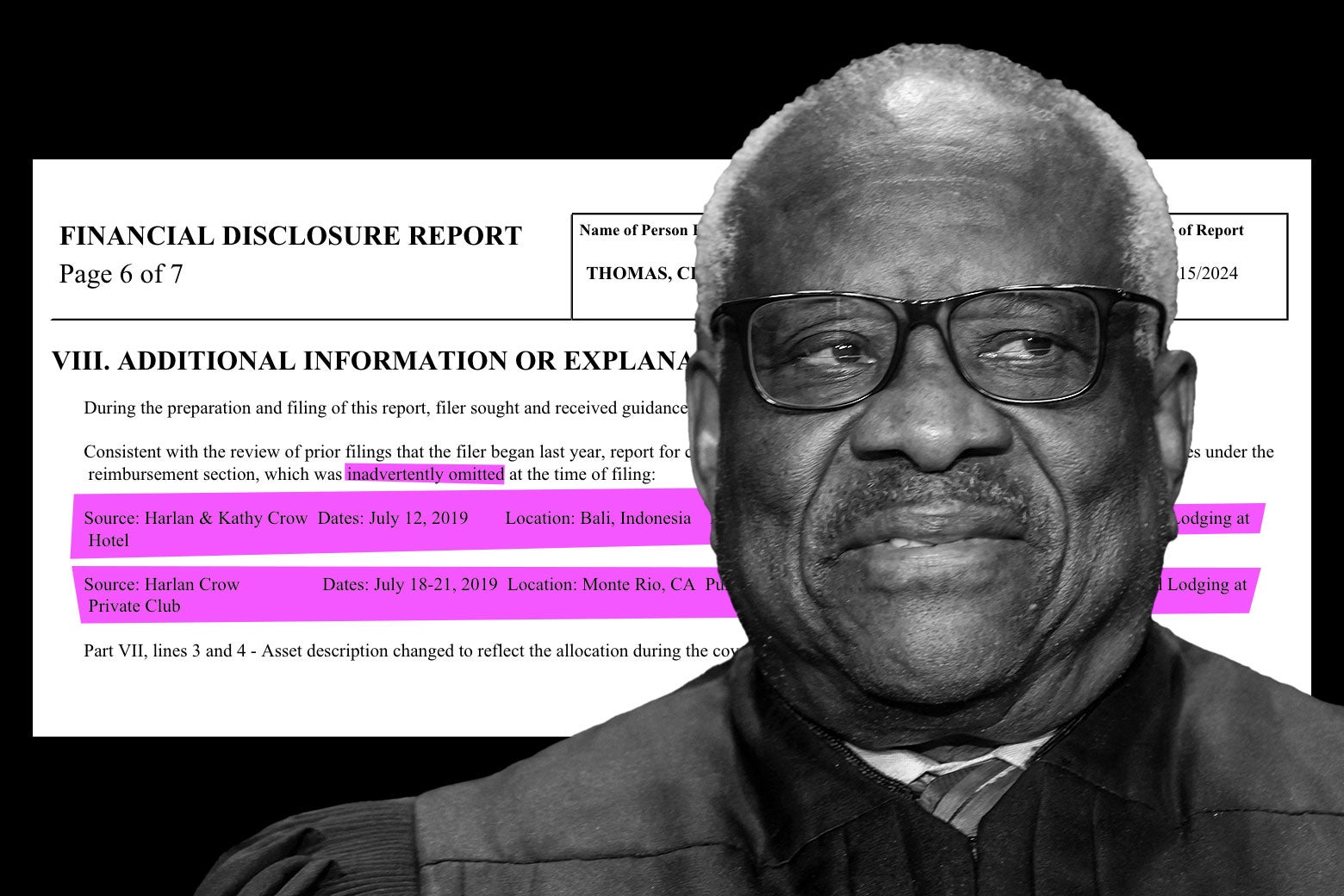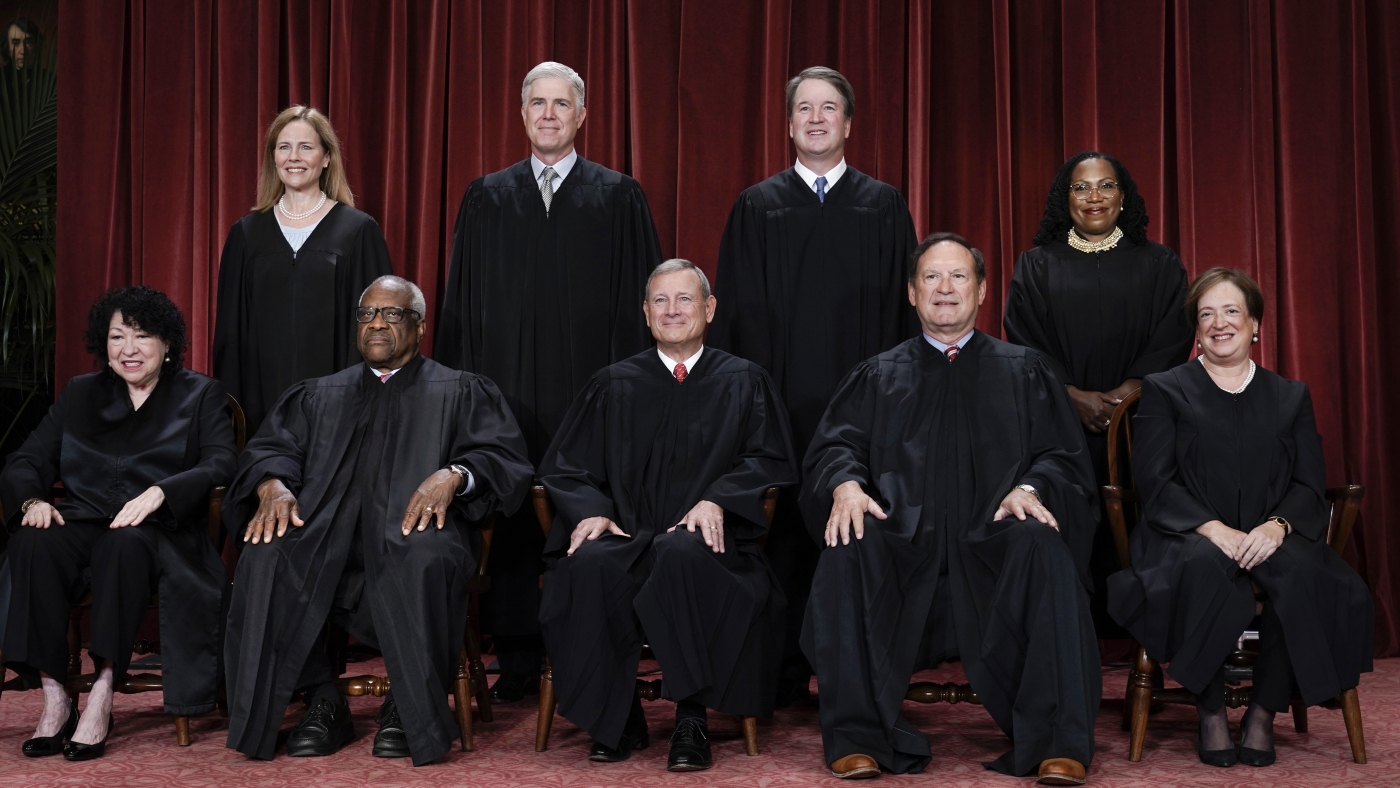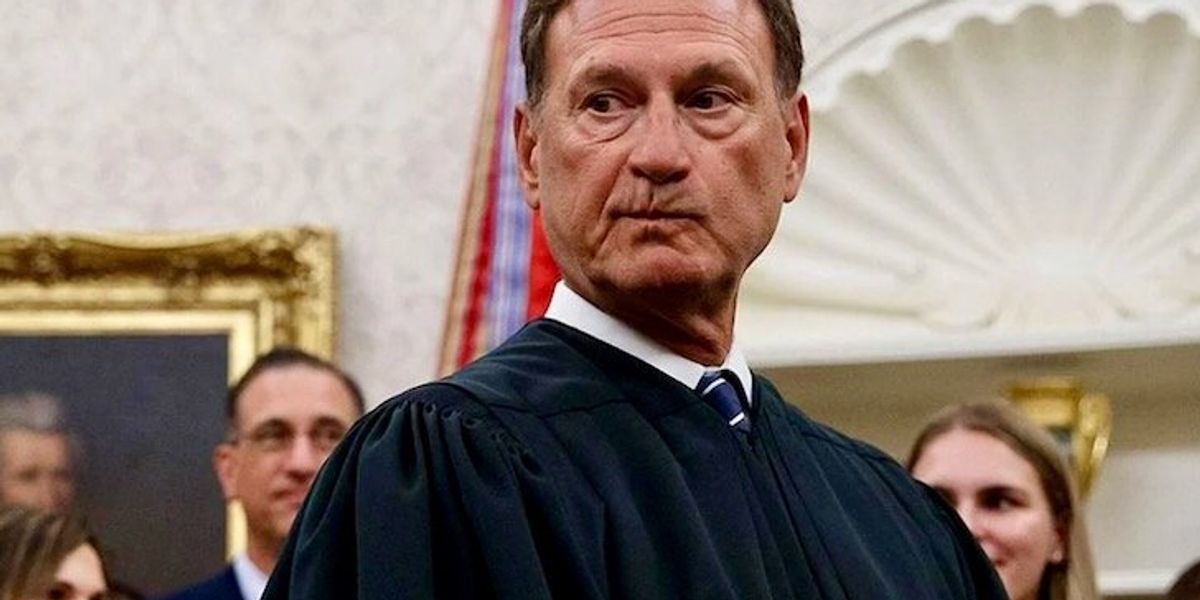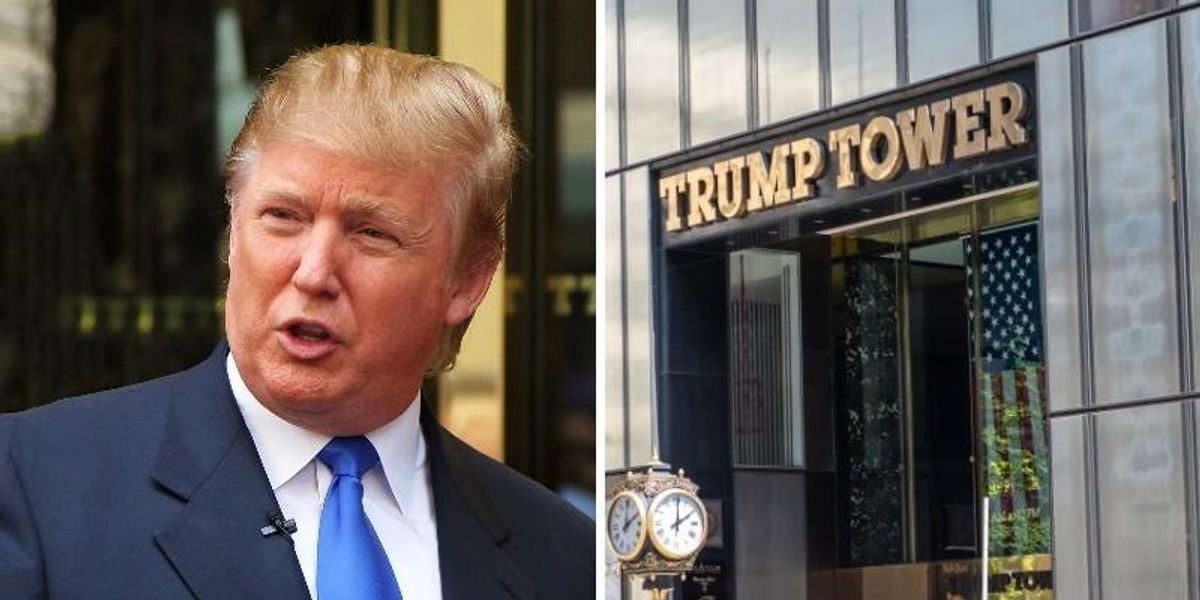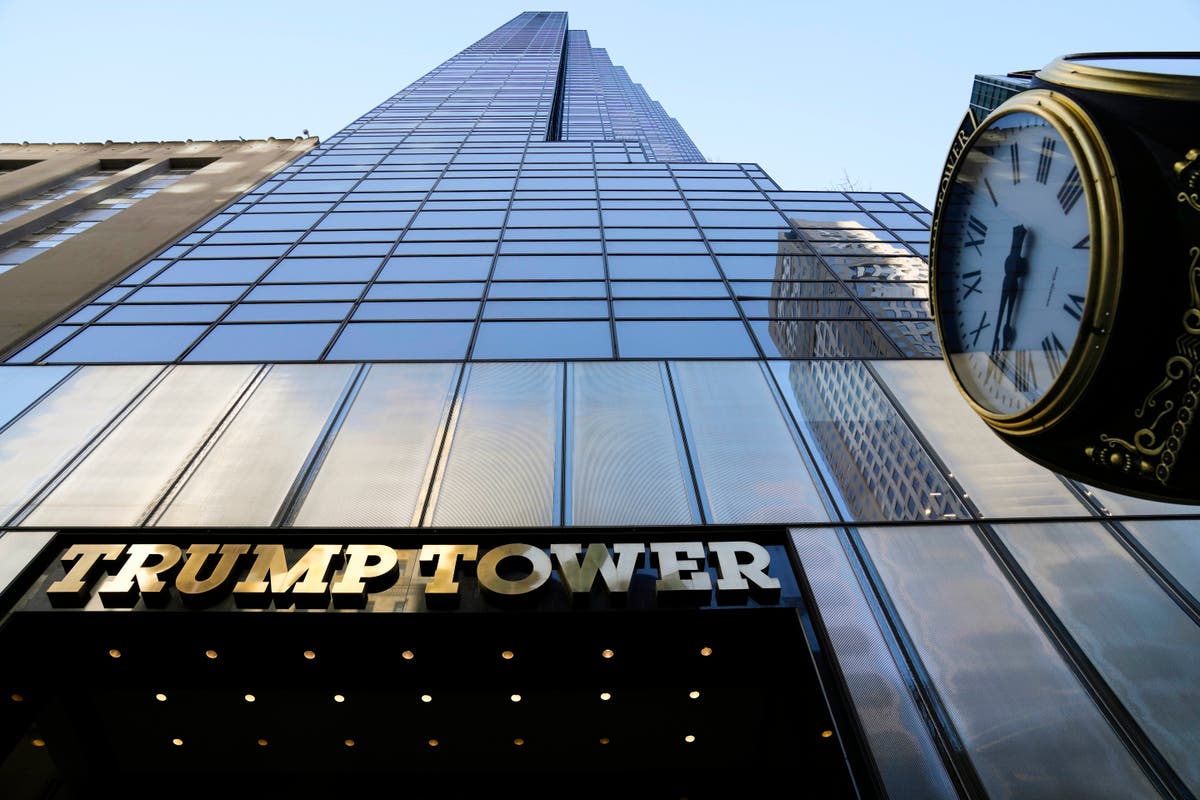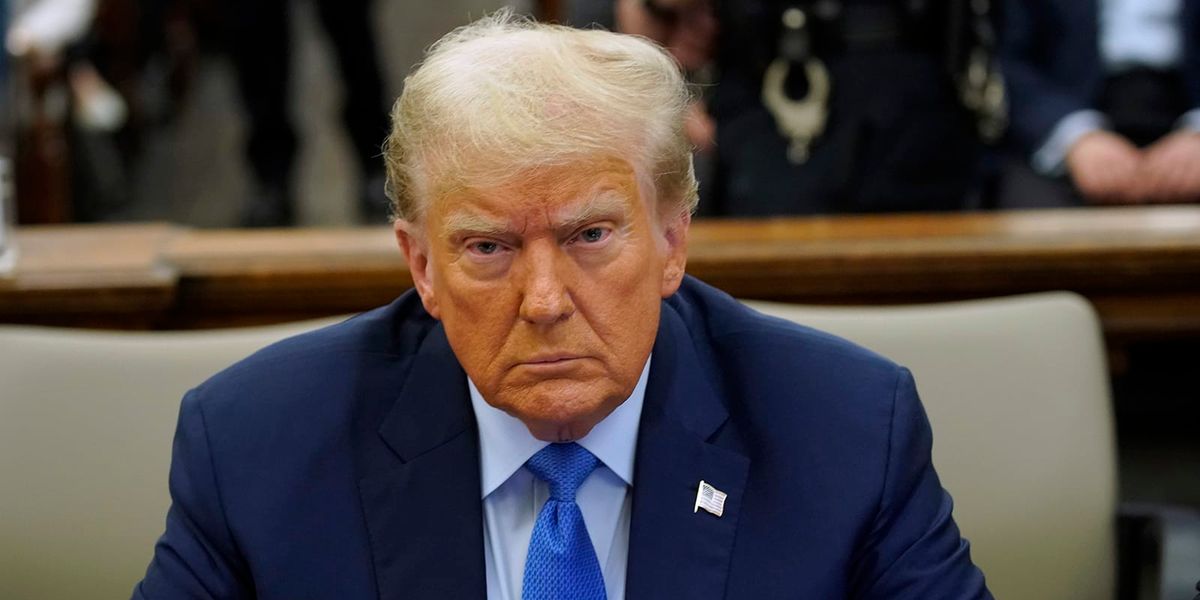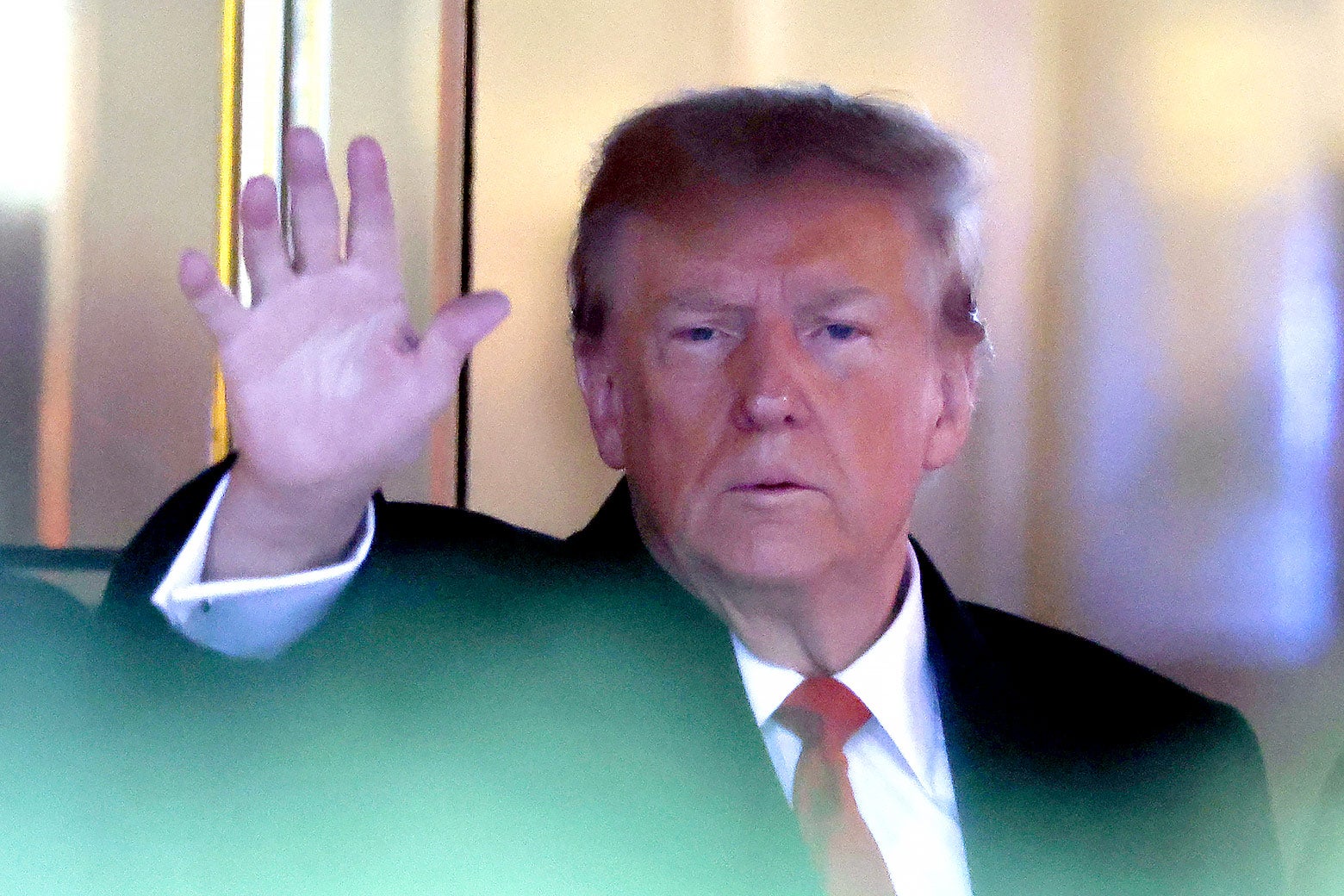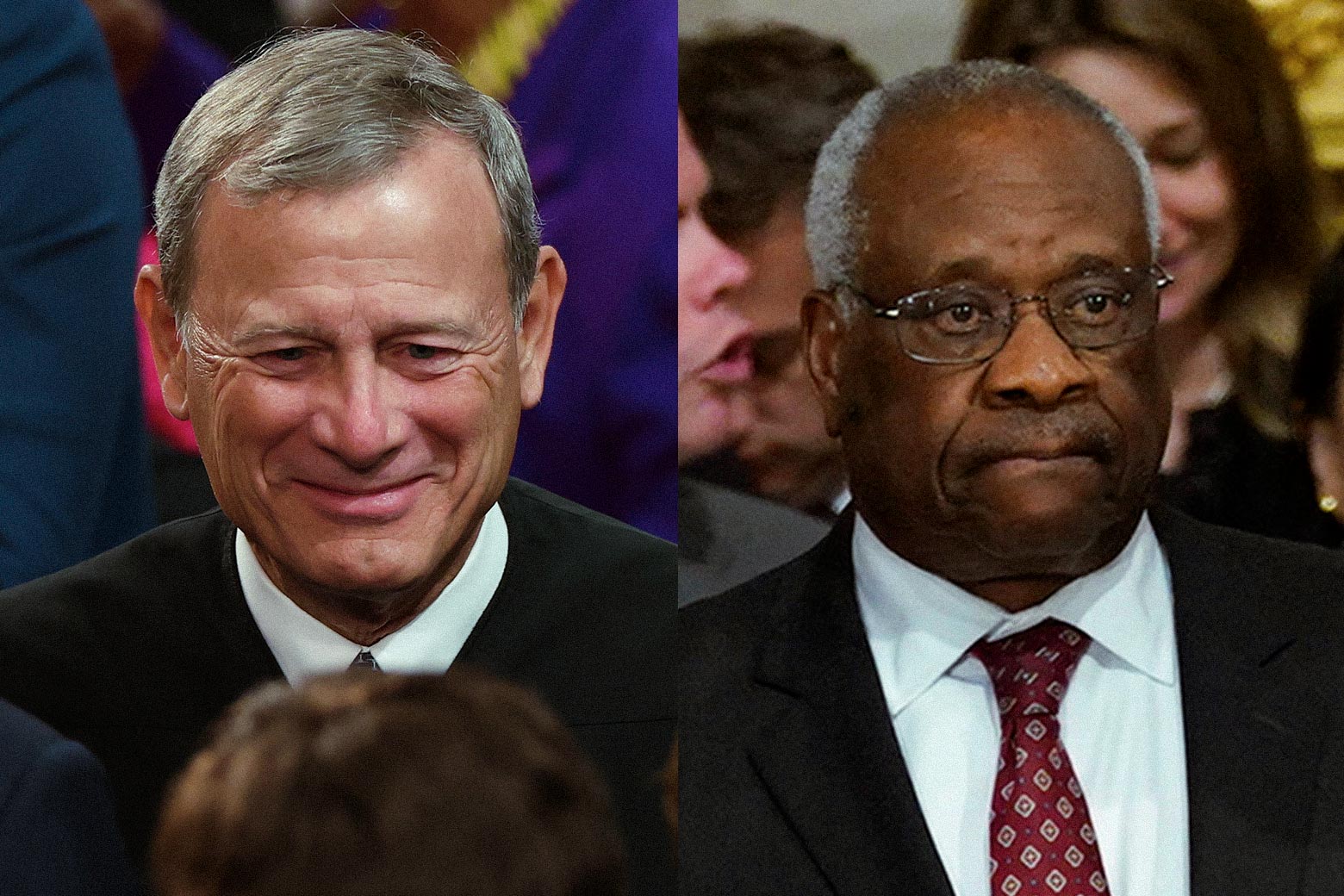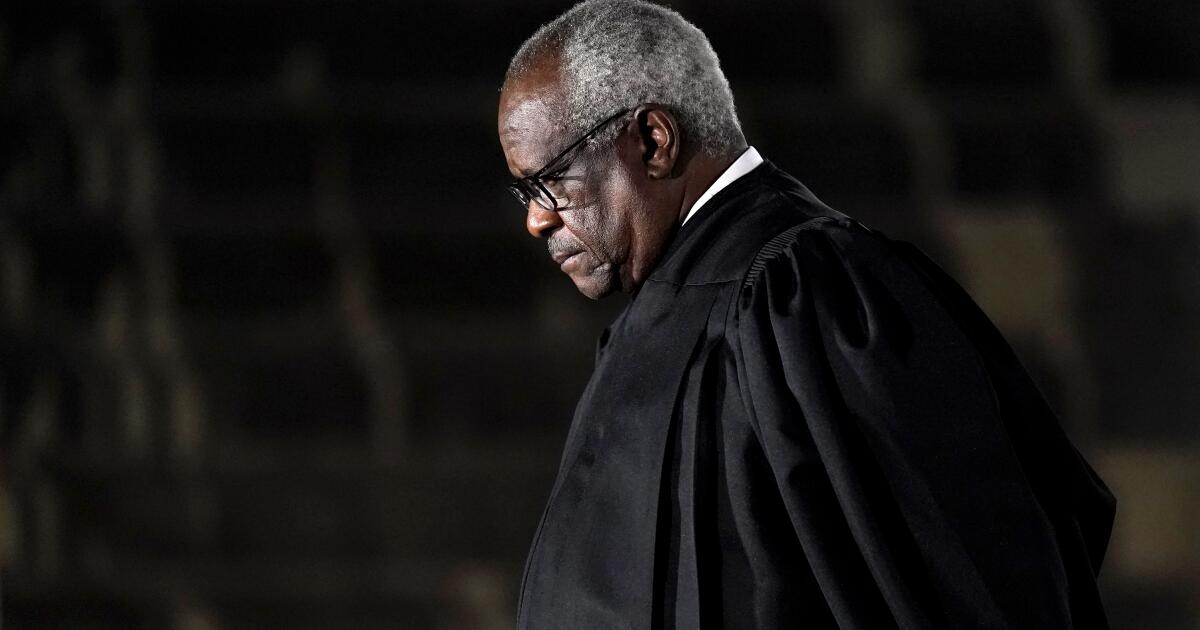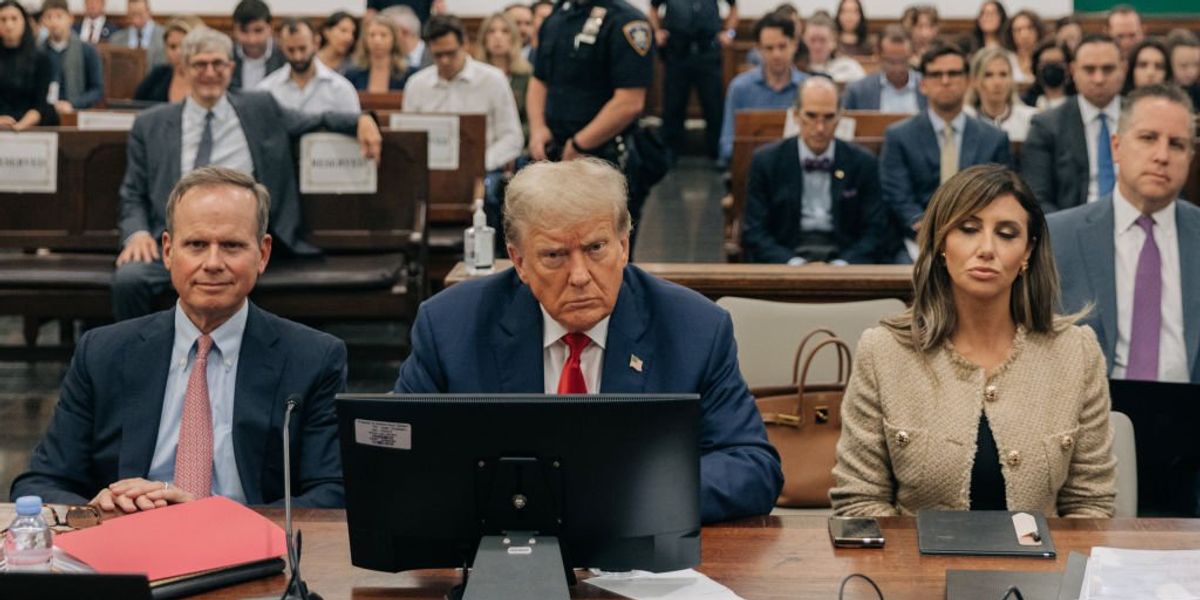
Clarence Thomas Said His Billionaire Friend Didn’t Come Before The Court — But His Business Interests Did
Huff PostLOADING ERROR LOADING When news broke that Supreme Court Justice Clarence Thomas enjoyed hundreds of thousands of dollars in luxury vacations, private yacht and jet travel, proceeds from the sale of his ancestral home, and numerous other gifts from billionaire real estate magnate Harlan Crow, the justice proclaimed that he had done nothing wrong by arguing, among other things, that Crow “did not have business before the Court.” It is true that Crow, who took over his father Trammell Crow’s business Crow Holdings Inc. in 1988, has not himself been a party in a case before the Supreme Court. Alex Wong via Getty Images The briefs filed by the National Multifamily Housing Council show how Crow’s interests in reducing government regulation of the real estate industry came before the court in an indirect manner. In 2022, Crow Holdings Industrial sought authorization from the Army Corps of Engineers under the Clean Water Act for a warehouse development in Georgia that would result in “cumulative adverse impacts to 6.87 acres of wetland.” When Sackett v. EPA first came before the court in 2012, the National Multifamily Housing Council joined an amicus brief led by the American Petroleum Institute in support of the Sacketts’ challenge to the EPA’s wetlands rules. Jemal Countess via Getty Images The amicus brief joined by the council argued that courts had the authority to hear administrative decisions related to the Clean Water Act and also embraced a 2006 plurality opinion in Rapanos v. U.S. saying that the EPA’s wetlands rules “stretched the term ‘waters of the United States’ beyond parody.” In a unanimous decision praised by the National Multifamily Housing Council, the court ruled in 2012 that Sackett could bring his case in court.
History of this topic
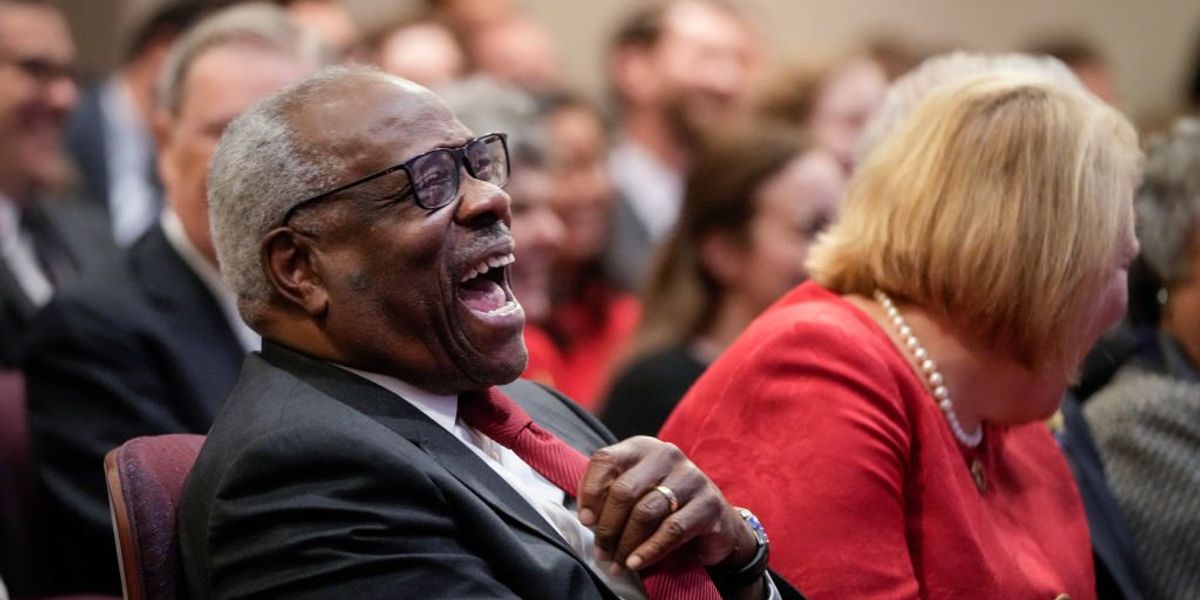
Clarence Thomas still hasn't coughed up info about 'many gifts' that remain secret: report
Raw Story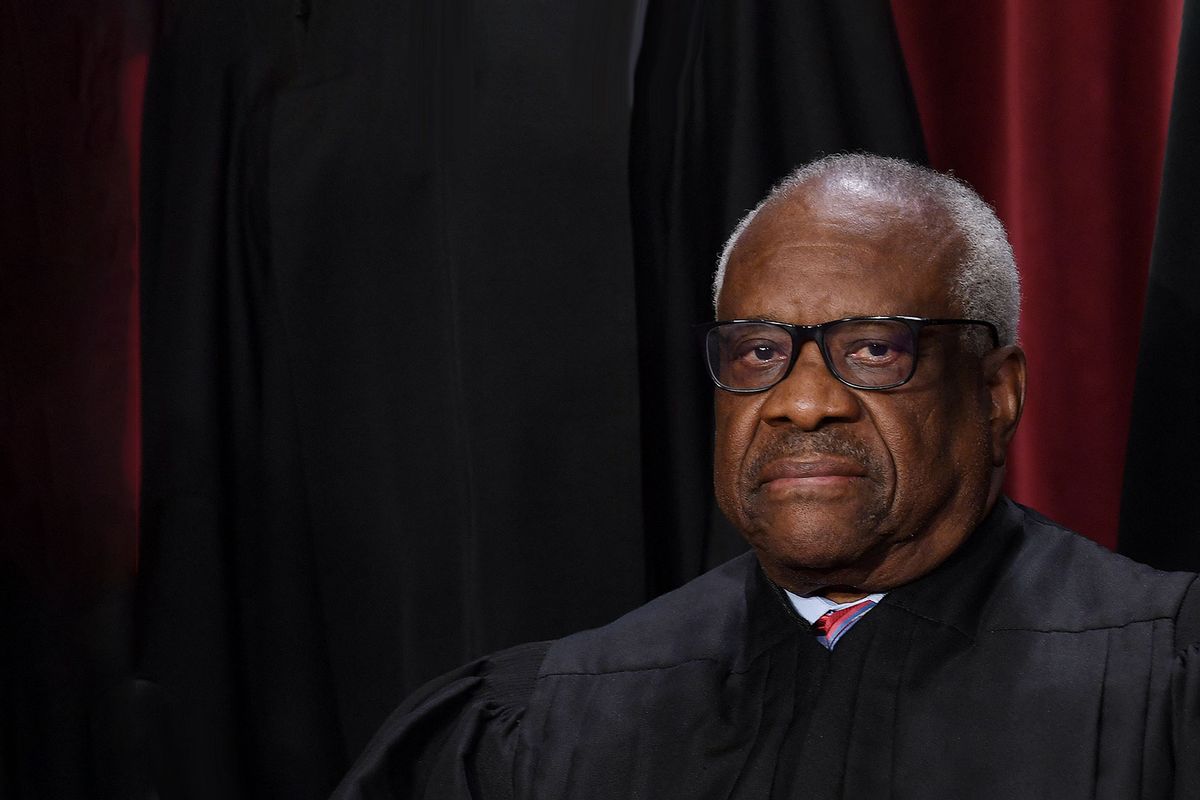
"One of these justices is not like the others": Experts say report exposes Clarence Thomas "grift"
Salon
'It pays to be Clarence': Data shows justice raked in 'staggering' $4 million in gifts
Raw Story
Clarence Thomas’ 38 vacations: The other billionaires who have treated the Supreme Court justice to luxury travel
Raw Story
Thomas accepted more gifts from billionaire benefactors, new ProPublica report says
NPR
Justice Alito disputes ProPublica report he should have disclosed luxury trip
NPR
Revealed: Texas billionaire had at least one case before the Supreme Court — despite Thomas’ claim
Raw Story
Billionaire Harlan Crow bought property from Clarence Thomas. The justice didn’t disclose the deal.
Raw Story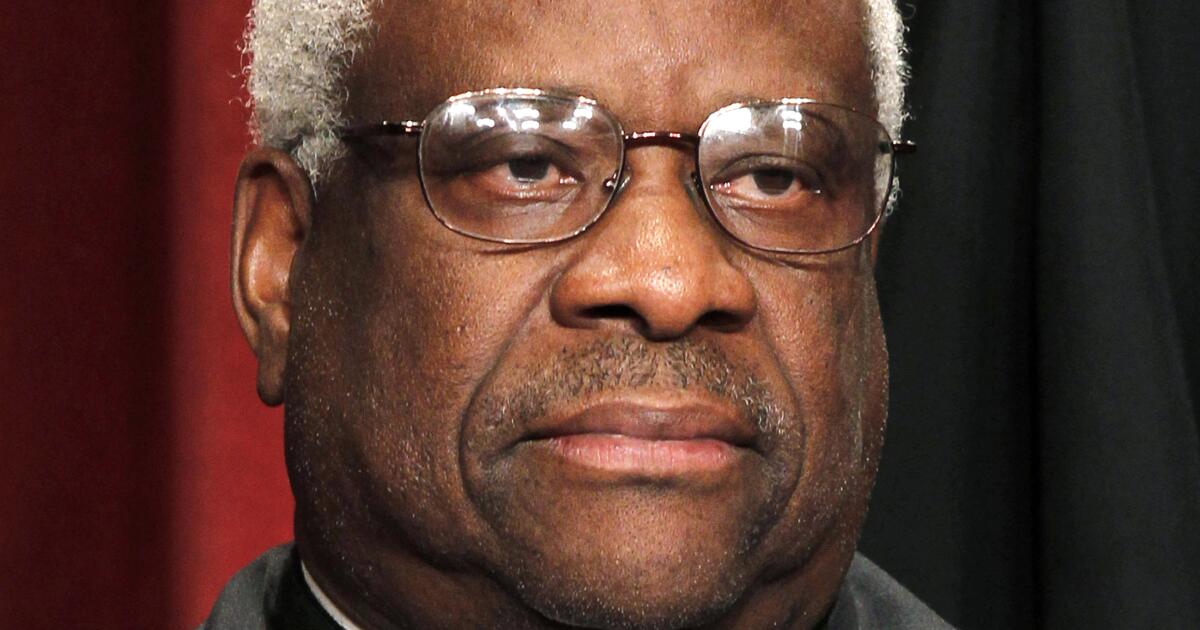
Los Angeles Times reported about Justice Thomas’ gifts 20 years ago. After that he stopped disclosing them
LA TimesDiscover Related

